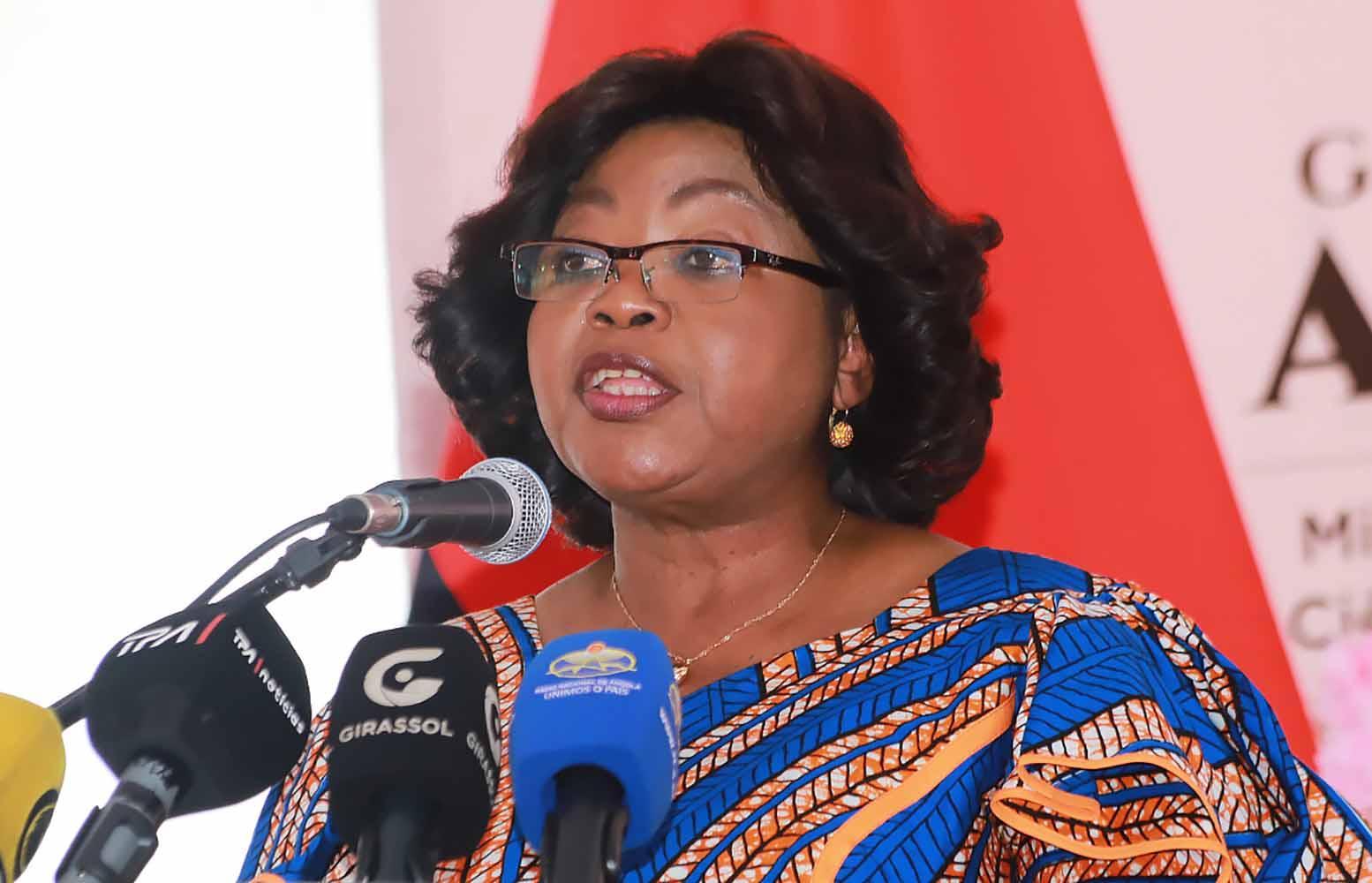Africa-Press – Angola. The Vice-President of Angola, Esperança da Costa, on Wednesday in Luanda attended a concert by Malian musician Salif Keita, held at the Belas Conference Centre (CCB), as part of the 50th anniversary of National Independence celebrations.
She was among the more than a thousand spectators who, for nearly three hours, thrilled to the artist’s songs, considered to be one of the greatest voices in contemporary African music.
Before the performance, Esperança da Costa granted an audience to Salif Keita, during which they discussed issues related to the artist’s participation in the 50th anniversary of Independence celebrations.
At the end of the audience, the musician expressed gratitude for the hospitality and said he was honoured to be in Angola again.
He emphasized that this is his third visit to the country, expressing his happiness in participating in the national independence celebrations, adding that he was touched by the warm welcome he received both in the country’s capital and in Huambo province, where he also performed.
The show featured a special appearance by Angolan musician Ndaka Yo Wini, who was well applauded by those present as he performed jazz-inspired songs, demonstrating the strength of the new generation of national music.
During the concert, Salif Keita performed several hits that have marked his international career, including “Mama,” “Dery,” “Je t’aime, mi amore,” “Tonton,” “Lerou Lerou,” “Bobo,” “Yamore,” “Laban,” “Papa,” “Tekere,” “Madam,” and “África.”
The Malian musician was born in 1949 in Djoliba, Mali. He is recognized worldwide as one of the greatest interpreters of traditional Mandingo music style.
Salif Keita’s career began in the 1970s, when he joined the famous Rail Band of Bamako, standing out for his unmistakable voice and style that combined tradition and modernity. He later joined the group Les Ambassadeurs, with which he gained regional notoriety, before pursuing a solo career in Paris, France.
Throughout his career, he built a vast and innovative repertoire, with landmark albums such as Soro (1987), Moffou (2002), and La Différance (2009). His unique voice and commitment to the African roots have earned him international awards and recognition as a symbol of the continent’s cultural resilience.
For More News And Analysis About Angola Follow Africa-Press






